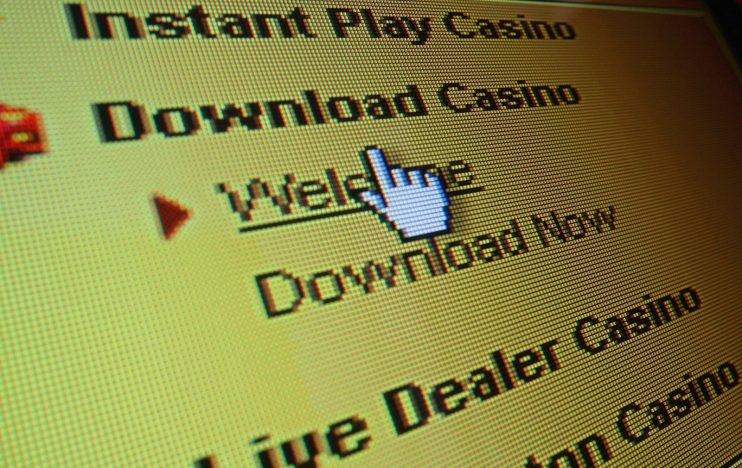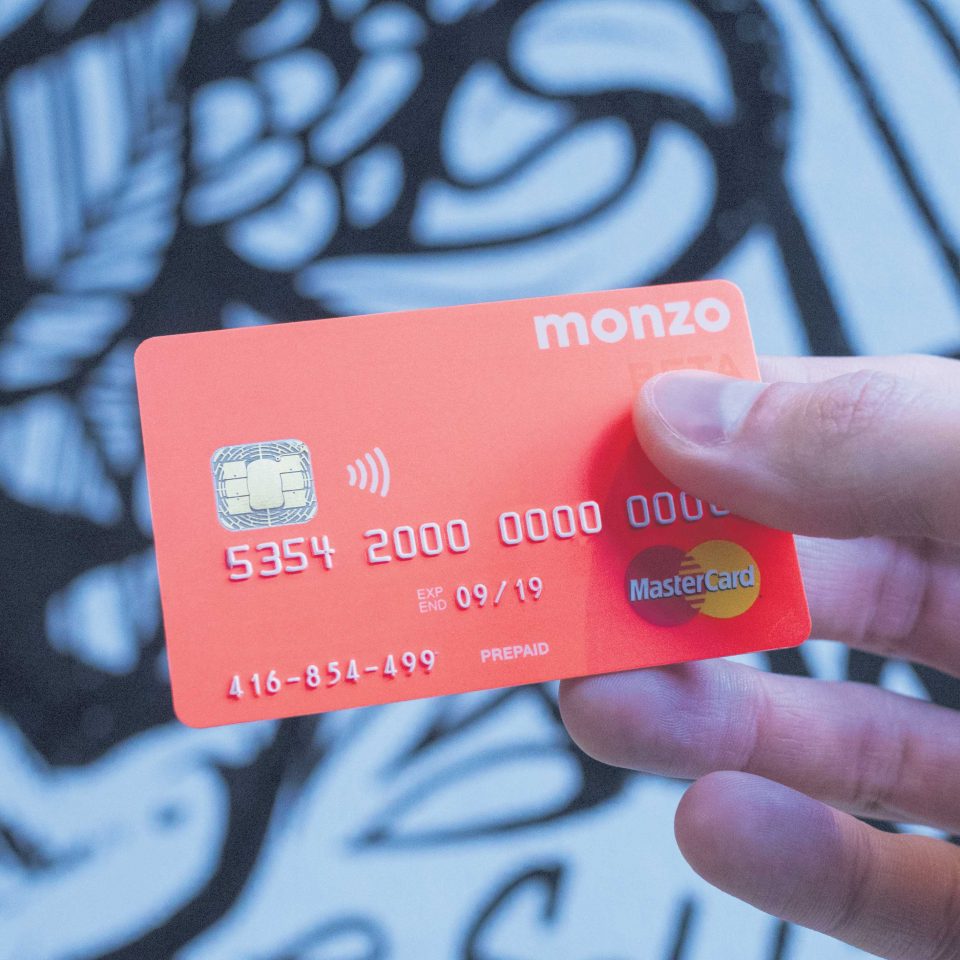Monzo: Banks should play their part in tackling problem gambling

Online gambling has long been on the rise in the UK – and with casinos and betting shops shut due to lockdown, consumers have turned more to their phones and laptops in order to gamble. Last year, the Gambling Commission shone a light on the fact that regular gamblers had upped their betting during lockdown, leading to the regulator calling for new measures to protect vulnerable people.
For most people, gambling remains an enjoyable pastime or hobby but for others, it can escalate and develop into an addiction with major impacts on financial and mental health. Yet what many do not appreciate is the role that banks can and should play in helping to protect vulnerable people and reduce gambling harm.
Read more: Flutter: Gambling industry is listening, and responding, to addiction concerns
The Government is currently reviewing the Gambling Act for the first time since 2005, and this morning Monzo has sent a co-authored letter to the ministers leading the review. Supported by top NHS clinicians, gambling harm charities and leading academics, the letter calls for new requirements that would mean every bank customer in the UK has access to a gambling block on their account, regardless of who they bank with. Together, we’re calling on the Government to require all UK banks to offer one.
Gambling blocks are a completely voluntary tool designed so that customers who might be vulnerable or at risk of gambling harm can protect themselves. The block can be switched on by users so that card payments made to gambling operators are automatically declined. In Monzo’s case it aids self-exclusion because to turn the block off, the customer has to go through a “cooling-off” period of 48 hours and speak to a member of staff to confirm their decision. This means they don’t act on impulse in moments when they are vulnerable. It’s a simple solution but one that we know works.
Research last year from Bristol University and Gamble Aware found that card blockers with time delays are proven to help users control their gambling. The same report also found that as many as 28 million current account holders in the UK may not have access to a gambling block.
In June 2018, Monzo was the first bank to launch a gambling block – but it’s not an idea we can take credit for. The request to block gambling payments came from a handful of customers from our community at first, and as demand increased and requests began pouring in, we worked with Britain’s leading academics, healthcare experts and charities designed to treat those with experience of gambling harm.
Then a small team of engineers built it in a few days. Today, more than 275,000 of our customers currently have their gambling block activated and less than 10% of those who have ever turned it on have switched it off permanently.
Many of our customers who have experienced gambling harm, have told us that their gambling habits started small and for fun. For some, their bets increased very quickly and before they knew it they amassed a huge amount of debt which led to damaging consequences on their mental health and in their private lives. Some have admitted gambling took them to dark places – even making them feel suicidal.

According to a House of Lords report published in July 2020, gambling harm affects two million people through the breakup of families, crime, loss of employment, loss of homes and, ultimately, loss of life. While there is no quick fix to this problem we can and should do more to help tackle it.
That’s why we’re also asking for support in taking gambling blocks one step further. Many gambling firms are now offering new payment methods, including bank transfers. And right now, banks can’t consistently access the data needed to prevent these direct payments.
Our customers have asked that we do our best to include these payments to help them further protect themselves. To do that, we’re asking that gambling firms disclose their account details on a central registry, enabling all UK banks to extend their gambling blocks to cover bank transfers. We’re already working on a pilot project of our own, but scaling this in a meaningful way for our customers requires Government support.
Giving customers the choice and the tools they need to self-exclude from gambling has prevented harm. While the review of the Gambling Act has brought this important topic to the table again – we should be clear that it’s not just the gambling companies that should be doing more; every UK bank should step up and help their customers too.
Read more: UK’s gambling black market has doubled since 2018: PwC